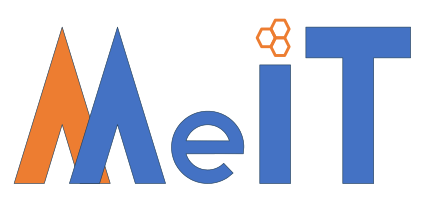

Editorial Board: Paola Donato, Danilo Sciarrone
ISSN: ISSN 2297-8739
The Impact Factor of this journal is 3.344
Separations is an open access journal that publishes the following types of papers: reviews, regular research papers, and communications. Our aim is to encourage scientists to publish their experimental, numerical, and theoretical results in as much detail as possible.
We aim to provide rigorous peer review and enable rapid publication of cutting-edge research to educate and inspire the scientific community worldwide. Scientists are encouraged to publish their experimental and theoretical results in as much detail as possible. There is no restriction on the length of the papers. The full experimental details must be provided so that the results can be reproduced.
Scope
Separations covers all aspects of fundamental advances and applications in isolation and trace separation sciences. However, Separations does not cover the following aspects which may be related to a particular application of separation science: chemometrics, gravity separation, bulk purification, homogenization, statistical modeling, etc.
The scope of the journal includes but is not limited to:
- Theory and methodology:
- Theory of separation methods;
- Sample preparation;
- Instrumental and column developments;
- Trace purification technology;
- Electrochemical separations;
- Solid phase extraction;
- New separation methodologies, etc.;
- Equipment and techniques, novel hyphenated analytical solutions:
- Significantly extended by their combination with spectroscopic methods and in particular, mass spectrometry;
- Hyphenated instrument configurations, e.g., LC–MS;
- Novel analysis approaches and applications to solve analytical challenges which utilize chromatographic separations as a key step in the overall solution, e.g. high- and low-resolution chromatography;
- Computational modeling of separations for the purpose of fundamental understanding and/or chromatographic optimization:
- Instrumentation miniaturization;
- Automation;
- Method development and validation;
- Instrument and method qualification and validation.
Papers are accepted in the following fields as related to separation science:
- Chemistry (natural products, pharmaceuticals, sample preparation etc.);
- Biology (amino acids, proteins, peptides, nucleic acids, DNA, carbohydrates, metabolites, biomarkers, etc.);
- Environmental science (pollutants, water, environmental forensics, etc.);
- Food science (dyes, flavors and fragrances, vitamins, plant alcohols, dairy products, beverages, etc.)
- Forensic medicine and toxicology (detection at the scene of a crime, etc.);
- Medicine human and veterinary (drugs, clinical samples, bioanalysis, cells, etc.);
- Energy (crude oil, diesel, biomethane, asphalt, gases, minerals, etc.);
- Materials Science (membrane, polymer, etc.);
- Physics (physical separation process, separator, filter, etc.);
- Archaeology (archaeometry, etc.).
